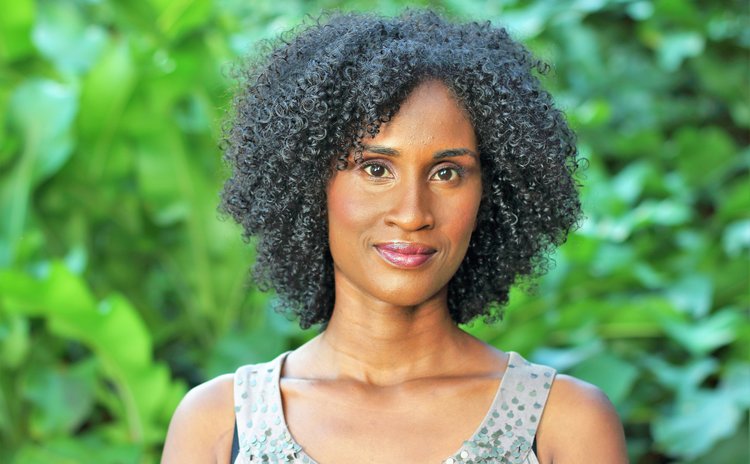Let all ideas contend
By Farah Theodore

The year 2020 remains a pivotal year in all matters concerning the natural environment, climate change and sustainable development. Covid-19 may have stolen the global spotlight yet the underlying problems remain crucial to our future endeavours and even more so now that States have used the current pandemic as the perfect cover to deflect away from climate issues.
August 12, 2020 was International Youth Day the theme of which was "Youth Engagement for Global Action"and in the words of the Secretary-General of the United Nations António Guterres:
"realizing the promise of this generation means investing far more in young people's inclusion, participation, organization and initiatives. I call on leaders and adults everywhere to do everything possible to enable the world's youth to enjoy lives of safety, dignity and opportunity and contribute to the fullest of their great potential".
It is undeniable that human rights and more particularly child rights are inextricably linked to fulfilling the Sustainable Development Goals (SDGs) and the 2030 Agenda. Organizations such as the Child Rights International Network (CRIN) express great concern that children are viewed as 'objects of charity' rather than as 'holders of human rights' because the quality of life of future generations will be severely impacted by current environmental problems that remain unresolved, ignored or simply not treated as a priority.
The 2030 Agenda for Sustainable Development may be considered ambitious by some yet it is a fitting guide to ensure a better future for all. Who else does the 'future' refer to but our children. That's why we are implored to act responsibly to safeguard their interest. The four core principles of the Convention on the Rights of the Child are: non-discrimination; devotion to the best interests of the child; the right to life, survival and development; and respect for the views of the child.
The right to life, survival and development mirrors the purpose of the SDGs. The CRIN noted in a report that 'children's bodies are particularly susceptible to adverse effects of environmental harm because exposure occurs during sensitive periods of development'. Part of the vision of the 2030 Agenda for Sustainable Development is 'to promote physical and mental health and well-being, and to extend life expectancy for all, we must achieve universal health coverage and access to quality health care'. The lack of quality health care is a breach of State's obligations to respect children's rights and actively carry out the agreed goals. A clean environment including the marine environment, biodiversity protection, soil management and restoration, renewable energy, regenerative agriculture, a circular economy etc all contribute to the aim of protecting the well-being of our children.
Access to justice is a necessary element of achieving the SDGs where States and private actors can be held accountable for obligations. The SDGs aren't options but rather obligations born out of our social responsibility. The CRIN stated in their submission for OHCHR's report on climate change and the enjoyment of child rights that 'where rights and their corresponding obligations are enforceable and remedies available, children are given the power to challenge failures and push for increasing standards' further that 'the concept of intergenerational justice is key to the protection of children's rights…the principle states that there should be distributive justice between generations and the rights of different generations should be equal over time'.
It is important that we cultivate a culture of debate where all ideas contend in a respectful manner so that we can brainstorm for innovative solutions to the challenges we all face.
Pooling our resources in such manner would demand that the views of children would be welcomed due to the fact that they have a right to be heard on issues that affect them and their future. We should strive to ensure that children who are capable of forming their own opinions express them without fear or favour and consideration be given to their age and level of maturity. Many would agree that political expression is complementary to effective participation in decision making processes and climate action. The Fridays for Future protests are a great example of Article 13 of the Convention of the Rights of the Child and Article 19 under the Covenant on Civil and Political Rights in action enabling the free political expression of children.
A society that restricts the free expression of its members undermines its own foundation and limits progress. It is vital that the right to free expression not be limited to a State's constitution but protected by relevant legislation.
Love our children in deed and not words.




